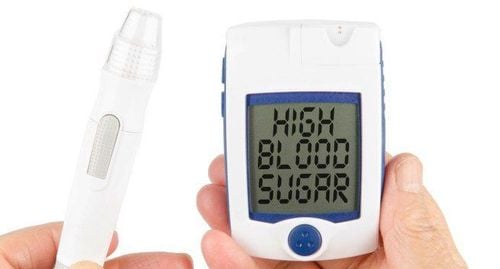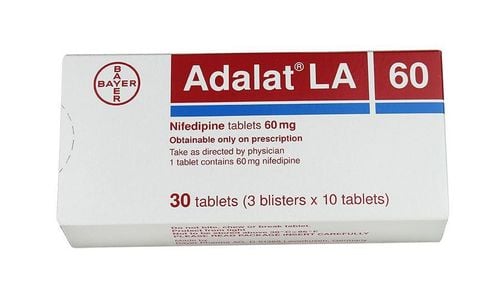This is an automatically translated article.
Fenugreek has been used to control blood sugar in people with diabetes. Fenugreek is a product made from this herb. Some supplements have been found to contain potentially harmful impurities/additives. Check with your pharmacist for more details about the brand of products you use.1. How to use Fenugreek
Take Fenugreek by mouth. Follow all directions on your product packaging or take as directed by your doctor. If you have any questions about how to use Fenugreek, ask your doctor or pharmacist. If your condition persists or worsens after using Fenugreek, or if you think you may have a serious medical problem, get medical help right away.2. Fenugreek side effects
During the use of Fenugreek, you may experience abdominal pain, diarrhea or bloating. If any of these side effects persist or get worse, tell your doctor or pharmacist right away.Tell your doctor right away if you have any serious side effects of Fenugreek, including: Signs of low blood sugar such as anxiety, tremors, fast heartbeat, vomiting sweat.
A very serious allergic reaction to Fenugreek is very rare. However, if you notice any symptoms of a serious allergic reaction to Fenugreek, seek medical help right away. Those symptoms include: Rash, itching/swelling (especially of the face/tongue/throat), difficulty breathing, severe dizziness.
Below are the side effects of Fenugreek by likelihood.
Common side effects of Fenugreek include:
Nausea Stomach cramps Rare side effects of Fenugreek include:
Bronchospasm Angioedema Nasal congestion Dizziness Headache Wheezing Diarrhea This is not a complete list of the possible side effects of Fenugreek. If you notice other effects of Fenugreek not listed above, contact your doctor or pharmacist right away.

Chướng bụng, đau bụng là tác dụng phụ có thể gặp phải của thuốc Fenugreek
3. Measures to prevent side effects of the drug Fenugreek
Before taking Fenugreek, tell your doctor if you are allergic to this product and any other allergies, if any. Fenugreek may contain inactive ingredients (such as peanuts/soybeans), and these may cause allergic reactions or other problems.Before surgery, tell your doctor or dentist about all the medicines you use (including prescription drugs, over-the-counter medicines, and herbal products).
Fenugreek is not recommended for use by women during pregnancy. It is also not known if Fenugreek passes into breast milk. Women who are breastfeeding should consult their doctor before using Fenugreek.
4. Fenugreek drug interactions
Drug interactions can change the way fenugreek works or increase your risk of serious side effects. Make a list of all the medications you take (including prescription/nonprescription drugs and herbal products) and share it with your doctor. Do not start, stop, or change the dose of any medicine while using Fenugreek, without your doctor's approval.Some drugs that may interact with Fenugreek include: Anticoagulants (such as warfarin).
5. What to do if you overdose or forget to use Fenugreek?
If you or someone else has overdosed on Fenugreek and has severe symptoms such as fainting or difficulty breathing, call 911 immediately.If you miss a dose of Fenugreek, take it as soon as you remember. If it is almost time for your next dose, skip the missed dose. Take your next dose of Fenugreek at the usual time, do not double the usual dose.
6. How to Store Fenugreek
Refer to the storage information printed on the Fenugreek product packaging. If you have any questions about storing Fenugreek, ask your pharmacist. Keep Fenugreek away from children and pets.Do not flush Fenugreek down the toilet or down the drain unless you are instructed to do so. Dispose of Fenugreek appropriately when it has expired or is no longer needed.
Reference source: webmd.com













